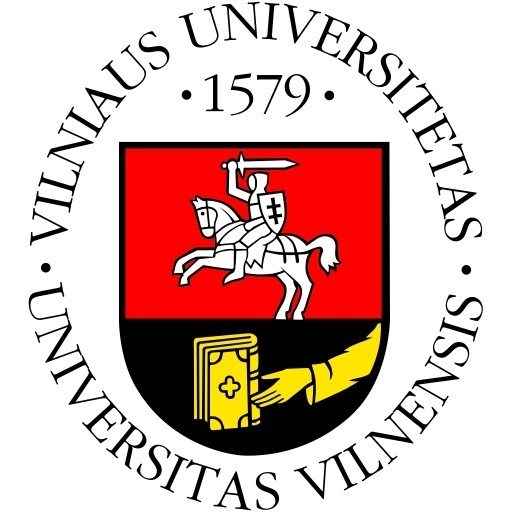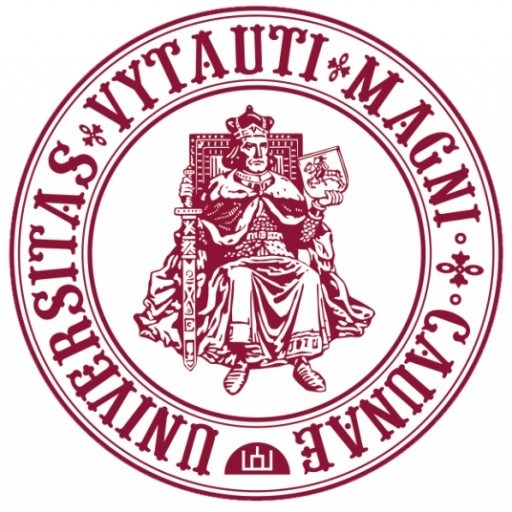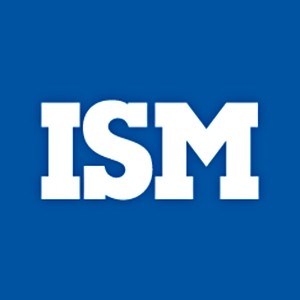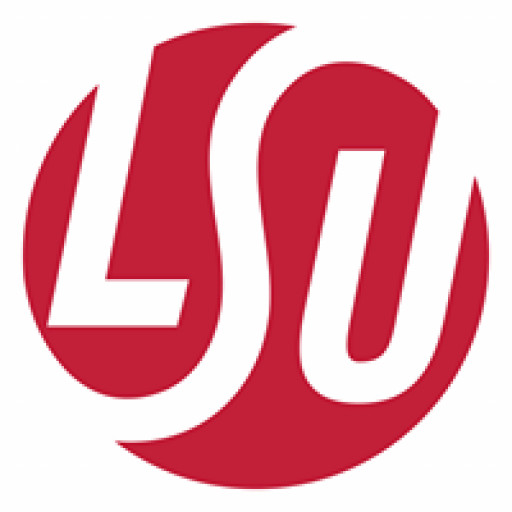Photos of university / #vilniusuniversity
Genetics is a dynamic and rapidly evolving field that lies at the core of modern biological sciences. The Genetics program at Vilnius University offers students a comprehensive education in the principles, methodologies, and applications of genetics, equipping graduates with the knowledge and skills necessary for successful careers in research, healthcare, agriculture, biotechnology, and environmental sciences. Throughout the program, students explore the fundamental mechanisms of inheritance, gene function, and regulation, as well as advanced techniques in molecular biology, genomics, and bioinformatics. The curriculum integrates theoretical coursework with practical laboratory skills, fostering a deep understanding of genetic processes at the molecular, cellular, and organismal levels. Students learn to analyze genetic data, interpret experimental results, and apply genetic principles to solve real-world problems. The program emphasizes the importance of ethical considerations and responsible conduct in genetic research and its applications. Collaboration with research institutes and participation in ongoing projects provide students with valuable hands-on experience and opportunities to engage with cutting-edge developments in genetics. Graduates of the program will be prepared for diverse careers in scientific research, diagnostics, genetic counseling, personalized medicine, biotechnological innovation, and academia. They will also possess critical thinking, problem-solving, and communication skills essential for success in interdisciplinary and international work environments. The Vilnius University Genetics program is committed to fostering a stimulating academic environment that encourages curiosity, innovation, and lifelong learning, ensuring that graduates are well-equipped to contribute to advancements in science and society.
The Bachelor's degree program in Genetics at Vilnius University offers a comprehensive and in-depth education in the fundamental principles and advanced concepts of genetics, molecular biology, and genomics. The program is designed to equip students with a solid theoretical foundation, practical laboratory skills, and the ability to analyze and interpret genetic data. Throughout the course of study, students explore the genetic basis of inheritance, gene expression regulation, genetic variation, and the mechanisms underlying genetic changes. They also gain knowledge of modern techniques such as PCR, DNA sequencing, genotyping, and bioinformatics, which are essential tools in contemporary genetics research and applications.
The curriculum combines theoretical lectures, practical laboratory work, seminars, and independent research projects. Students learn about cellular and molecular mechanisms that govern biological processes at the genetic level, including DNA replication, repair, recombination, and gene regulation. Special emphasis is placed on human genetics, medical genetics, and biotechnology, highlighting their relevance to healthcare, agriculture, and industry. The program also provides insights into the ethical, legal, and social implications of genetic research and technologies.
Moreover, students are encouraged to develop analytical thinking, problem-solving skills, and scientific communication abilities. Opportunities for internships in research institutes, biotech companies, and hospitals allow students to gain real-world experience and establish professional networks. Graduates of Vilnius University’s Genetics program are prepared for diverse careers in research, healthcare, diagnostics, forensic science, and biotechnology industries, as well as for postgraduate studies. The program aims to prepare students not only for successful careers but also to contribute to innovative developments in genetic research and application, ultimately advancing science and society.
- Bachelor's degree or its equivalent in Life Sciences.
- English Language requirements: applicant has to present document providing the level not lower than B2 (following the common European Framework of Reference Languages (CEFR), or TOEFL score 75/IELTS score 6.
APPLICATION AND SELECTION REQUIREMENTS
The grade for admission (K) is calculated by the following formula:
K= 0,4V+0,3E + 0,3D
V – average of the grades of the following subjects or their close equivalents (in bachelor or equivalent degree diploma): Molecular Biology, Bioinformatics, Cell Biology, Genetics;
E – evaluation of motivation letter;
D – grade of bachelor thesis.
INTERNATIONAL MOBILITY
Students can participate in ERASMUS+ mobility programme which gives an opportunity to study at VU’s Partner University or do internship abroad.



